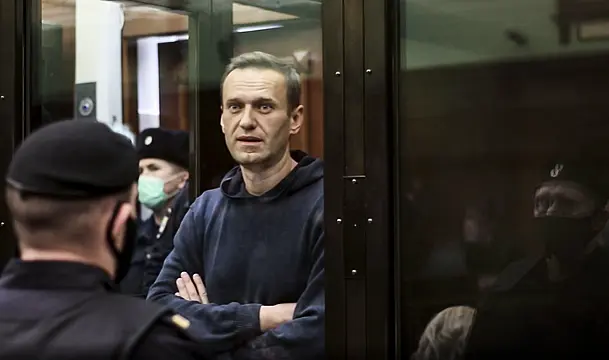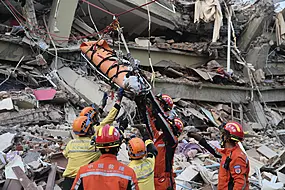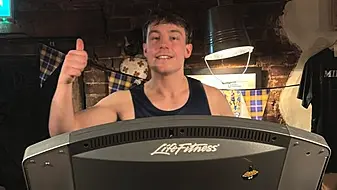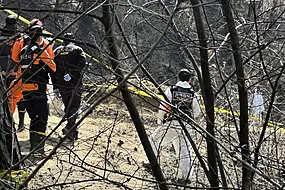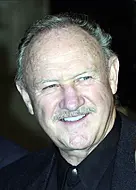Russian authorities have shrugged off the massive rallies against the jailing of top Kremlin foe Alexei Navalny and rejected Western criticism as “hysterics”.
A Moscow court ordered Mr Navalny to prison for two years and eight months, finding that he violated the terms of his probation while recuperating in Germany from a nerve-agent poisoning.
The ruling immediately ignited new protests in Moscow and St Petersburg which followed massive rallies over the past two weekends.
Activists have reported more than 1,400 new arrests in the crackdown on protesters.
Speaking in court, Mr Navalny denounced the accusations against him as fabricated and driven by President Vladimir Putin’s “fear and hatred”, saying the Russian leader would go down in history as a “poisoner”.
Asked to comment on Mr Navalny’s speech, which was shared widely on Russian social media platforms, Kremlin spokesman Dmitry Peskov said it was not up to him to determine Mr Putin’s place in history. Like Mr Putin, Mr Peskov avoided mentioning Mr Navalny by name.
Mr Navalny, a 44-year-old anti-corruption campaigner who is Mr Putin’s most determined political foe, was arrested on January 17 on his return from a five-month convalescence in Germany from the poisoning which he has blamed on the Kremlin.
Russian authorities deny any involvement and claim they have no proof he was poisoned despite tests by several European labs.
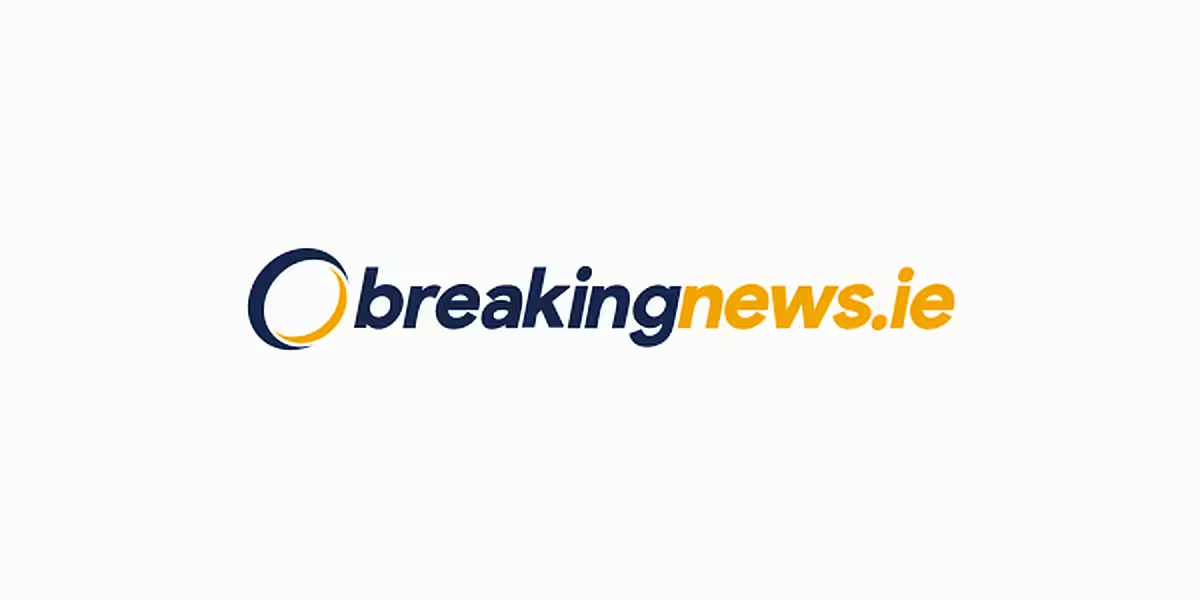
As the court ruling was read, Mr Navalny smiled at his wife Yulia, who attended the hearing, and traced the outline of a heart on the glass cage where he was being held.
“Everything will be fine,” he told her as guards led him away.
She thanked supporters on Instagram, saying: “There are so many good, strong and fair people who support Alexei and myself that there is no way to step back and there is nothing to fear. We will win anyway.”
The prison sentence for Mr Navalny and Russia’s tough police response to peaceful protests drew harsh criticism from the United States and European Union nations.
US Secretary of State Antony Blinken urged Moscow to immediately free Mr Navalny and those who were detained during protests.
“Even as we work with Russia to advance US interests, we will co-ordinate closely with our allies and partners to hold Russia accountable for failing to uphold the rights of its citizens,” he said.

French president Emmanuel Macron called Mr Navalny’s conviction “unacceptable” and called for his immediate release.
“A political disagreement is never a crime,” Mr Macron said.
“The respect of human rights, like that of democratic freedom, is not negotiable.”
Chancellor Angela Merkel’s spokesman Steffen Seibert reiterated the German leader’s call for Mr Navalny’s immediate release on Wednesday and an end to the police crackdown against anti-government protesters.
Mr Seibert told reporters that the Moscow court’s ruling “was far from the principles of rule of law”, noting that it was based on Mr Navalny’s earlier conviction, which the European Court of Human Rights had deemed “arbitrary” and a breach of Mr Navalny’s rights to a fair trial.
“The German government condemns this systematic use of violence against peaceful protesters,” he said.

Russian foreign minister Sergey Lavrov rejected the Western demands as “arrogant and improper”, saying that Moscow would not be moved by Western “hysterics”.
He defended the Russian police response to protests as much milder than some police action against demonstrators in Western countries.
Mr Lavrov said he would present EU foreign policy chief Josep Borrell with relevant videos to prove that point when he visited Moscow later this week.
More than 1,400 people were detained late Tuesday and overnight, including 1,170 in Moscow and more than 250 in St Petersburg, when demonstrators took to the streets to protest the court’s order to send Mr Navalny to prison, according to the independent OVD-INFO group that documents arrests.
Police brutally beat scores of peaceful protesters and used Tasers against some in a show of force apparently intended to intimidate the opposition.
Asked about the police violence, Mr Putin’s spokesman Mr Peskov told reporters that unsanctioned protests warranted tough police action.
